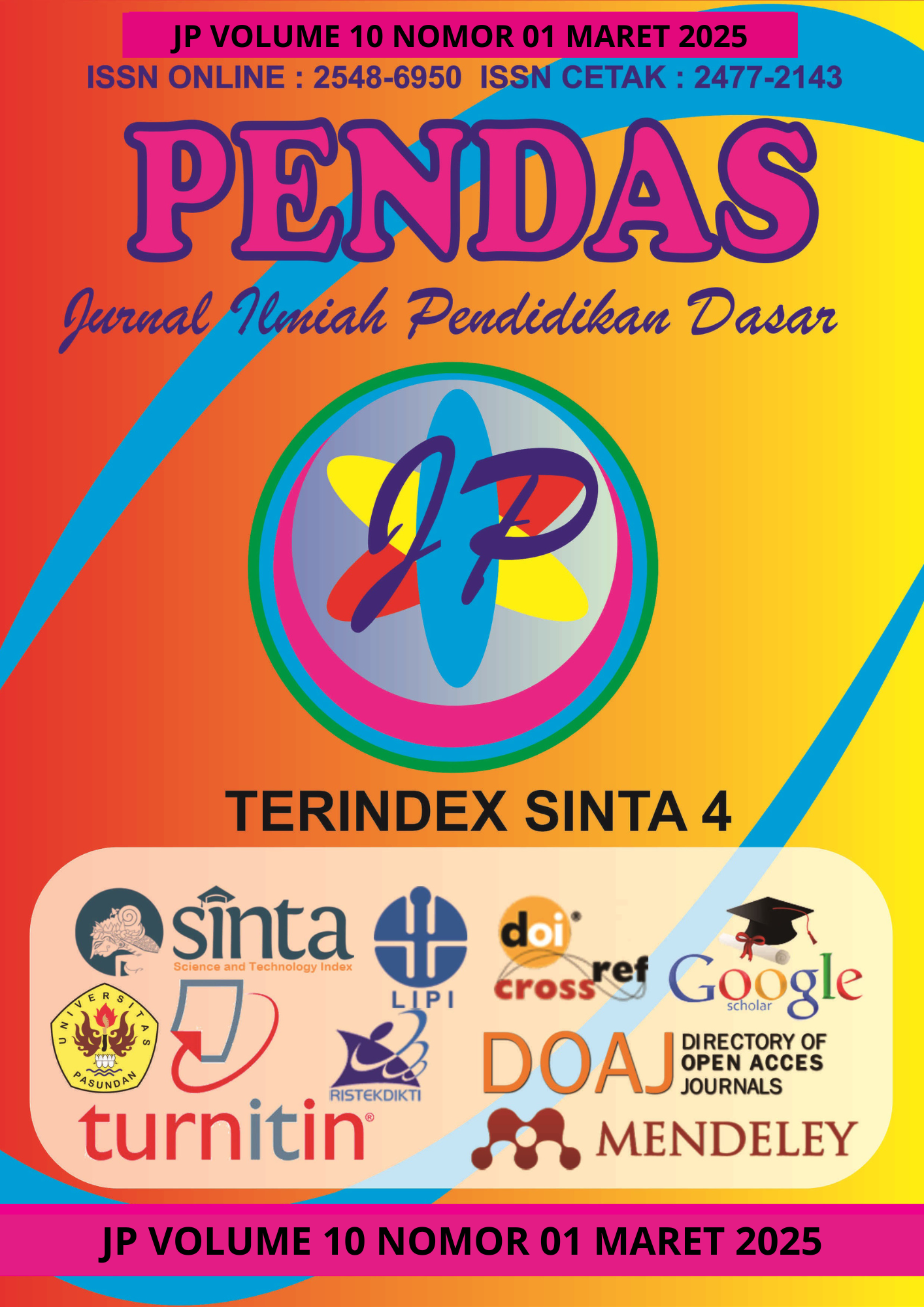REGULASI HUKUM DALAM MENANGANI KONTEN DIGITAL NEGATIF (TIDAK MENDIDIK) DAN DAMPAKNYA TERHADAP ANAK DITINJAU DARI PERSPEKTIF MAQASID SYARI’AH
DOI:
https://doi.org/10.23969/jp.v10i01.22624Keywords:
Child protection, digital content, legal regulation, Maqāṣid al-Syarī‘ah, social mediaAbstract
The rapid development of digital technology brings both benefits and challenges, particularly for children who are vulnerable to the negative impacts of non-educational digital content. Content containing elements of violence, pornography, hate speech, and misleading information can significantly affect children's moral and intellectual development. Therefore, strong legal regulations are needed to protect children from these harmful effects. This study aims to analyze the legal regulations governing non-educational digital content in Indonesia and how the law addresses its impact on children from the perspective of Maqāṣid al-Syarī‘ah. The research method used is normative juridical research with a statutory approach. The findings indicate that existing regulations, such as the Child Protection Law and the Electronic Information and Transactions Law (UU ITE), still have loopholes in monitoring and law enforcement against harmful digital content. From the perspective of Maqāṣid al-Syarī‘ah, protecting children from negative content is closely related to safeguarding life (hifẓ an-nafs), intellect (hifẓ al-‘aql), and lineage (hifẓ an-nasl). Therefore, synergy between the government, society, and digital platforms is needed to strengthen policies and digital literacy to create a safer digital environment for children.
Downloads
References
Basarah, F. F., & Romaria, G. (2020). Perancangan Konten Edukatif Di Media Sosial. Jurnal Abdi Masyarakat (JAM), 5(2), 22. https://doi.org/https://dx.doi.org/10.22441/jam.2020.v5.i2.006
Helim, A. (2019). Maqashid al-syari’ah versus usul al-Fiqh (Konsep dan posisinya dalam metodologi hukum islam). Pustaka Pelajar. http://digilib.iain-palangkaraya.ac.id/1714/
Hermanto, A. (2022). Maqashid Al-Syari’ah Metode Ijtihad dan Pembaruan Hukum Keluarga Islam.
Huda, M., Ahmad, N., & Suhartini, A. (2022). Konsep Maqashid Syari’ah Dan Implikasinya Pada Pendidikan Islam. Tarbawi: Jurnal Pendidikan Islam, 19(1), 146–159. https://doi.org/https://doi.org/10.34001/tarbawi.v19i1.2138
KAMUS BAHASA INDONESIA, T. R. (2008). KAMUS BESAR BAHASA INDONESIA. PUSAT BAHASA DEPARTEMEN PENDIDIKAN NASIONAL JAKARTA. https://perpus.unimus.ac.id/wp-content/uploads/2012/05/Kamus-Besar-Bahasa-Indonesia.pdf
Marsaid, M. (2015). Perlindungan Hukum Anak Pidana Dalam Perspektif Maqasid Asy-Syari’ah (Studi Kasus Penanganan Anak Pidana di Lembaga Pemasyarakatan Jambi). Nurani: Jurnal Kajian Syari’ah Dan Masyarakat, 15(2), 1–26. https://doi.org/https://doi.org/10.19109/nurani.v15i2.280
Nuroniyah, W. (2022). Hukum Perlindungan Anak di Indonesia. Yayasan Hamjah Dhiha Lombok Tengah NTB.
Pancasilawati, A., Wijaya, V. R. M., & Royani, E. (2023). Perlindungan Anak Terhadap Kekerasan Seksual: Hukum Positif dan Hukum Islam. In Banyumas: Amerta Media. CV Amerta Media. http://www.karyailmiah.trisakti.ac.id/uploads/kilmiah/dosen/E-Book_kekerasan_seksual.pdf
Rahman, A. (2016). Pengaruh negatif era teknologi informasi dan komunikasi pada remaja (perspektif pendidikan islam). https://doi.org/https://doi.org/10.35905/alishlah.v14i1.384
Rasyid, M. H. (2015). Konsep Pendidikan Islam Dalam Maqasid Al-Syari’ah. Ash-Shahabah: Jurnal Pendidikan Dan Studi Islam, 1(2), 1–9. https://doi.org/https://doi.org/10.59638/ash.v1i2.5
Regiani, E., Dwiputri, F. A., Amaliyah, S., & Herlambang, Y. T. (2023). Dampak Penggunaan Teknologi Internet terhadap Perkembangan Kognitif dan Perilaku Anak dalam Keluarga. Indo-MathEdu Intellectuals Journal, 4(3), 2888–2899. https://doi.org/https://doi.org/10.54373/imeij.v4i3.666
Tang, A. (2020). Hak-Hak Anak dalam Pasal 54 UU No. 35 Tahun 2014 tentang Perlindungan Anak. Jurnal Al-Qayyimah, 2(2), 98–111. https://doi.org/http://dx.doi.org/10.30863/aqym.v2i2.654
Undang-undang (UU) Nomor 11 Tahun 2008 tentang Informasi dan Transaksi Elektroni. (n.d.). https://peraturan.bpk.go.id/Details/37589/uu-no-11-tahun-2008
UNDANG-UNDANG REPUBLIK INDONESIA NOMOR 35 TAHUN 2014. (n.d.). https://drive.google.com/file/d/0B18mXGGKnIqvS2R6LW4zVzU4dms/view?resourcekey=0-vOmC2f-fpT-n_tlpRraxow
www.ppatk.go.id. (2024). GAWAT! Jumlah Fantastis Usia Anak Main Judi Online. Www.Ppatk.Go.Id. https://www.ppatk.go.id/news/read/1373/gawat-jumlah-fantastis-usia-anak-main-judi
Zidane, J. C. (2024). Pengaruh Teknologi Dalam Tumbuh Kembang Anak Di Bawah Umur. Kohesi: Jurnal Multidisiplin Saintek 4, 4.
Downloads
Published
Issue
Section
License
Copyright (c) 2025 Pendas : Jurnal Ilmiah Pendidikan Dasar

This work is licensed under a Creative Commons Attribution 4.0 International License.














































